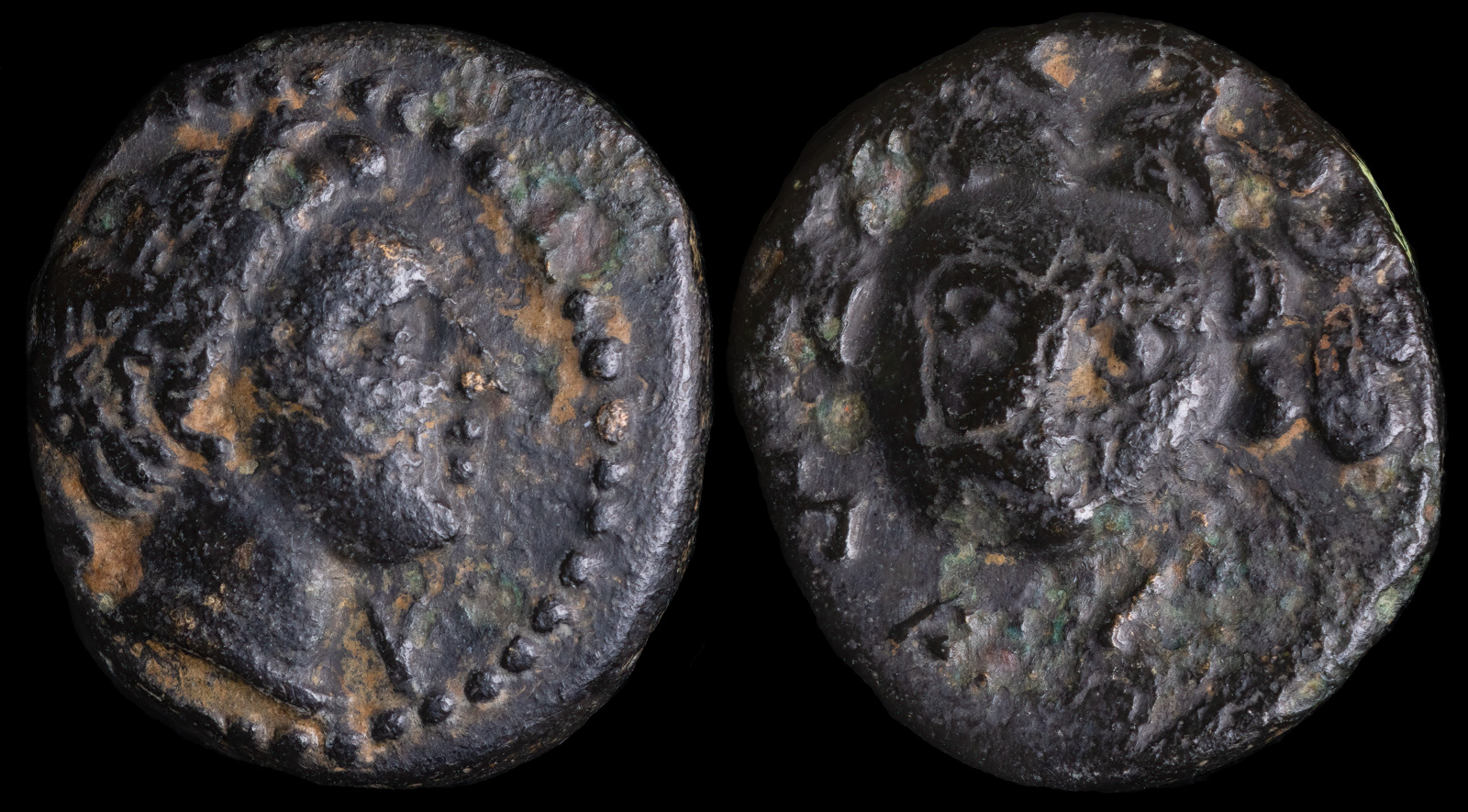Pyramos
View All Tags
One of the most notable myths involving Pyramos is the tragic love story of the youths Pyramus and Thisbe, who were two lovers living in Babylon. Their story is often seen as a precursor to the famous tale of Romeo and Juliet. According to the myth, Pyramus and Thisbe were kept apart by their families but communicated through a crack in the wall that divided their homes. They eventually planned to meet near the tomb of the river god Pyramos, but a series of tragic misunderstandings led to both of them dying. In their death, the lovers were transformed into a pair of intertwined mulberry trees, with their blood staining the fruit.
The river god Pyramos himself represents the natural and life-giving qualities of rivers in Greek mythology. As with many river gods, he personifies the flow of water and its importance in sustaining life. While Pyramos is not as frequently mentioned in classical myths or major epic narratives, his association with a river in Phrygia gives him an important symbolic role in the landscape of ancient Anatolia.

Cilicia, Mallos
400 – 350 BCE
AE 12mm 1.28g
Head of Pyramos right wearing corn-wreath /
MAΛ; gorgoneion facing.
SNG Levante 172